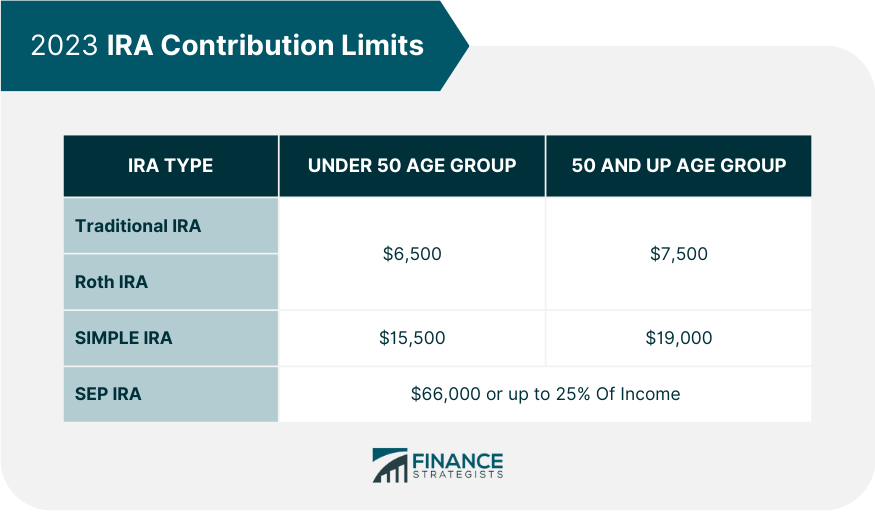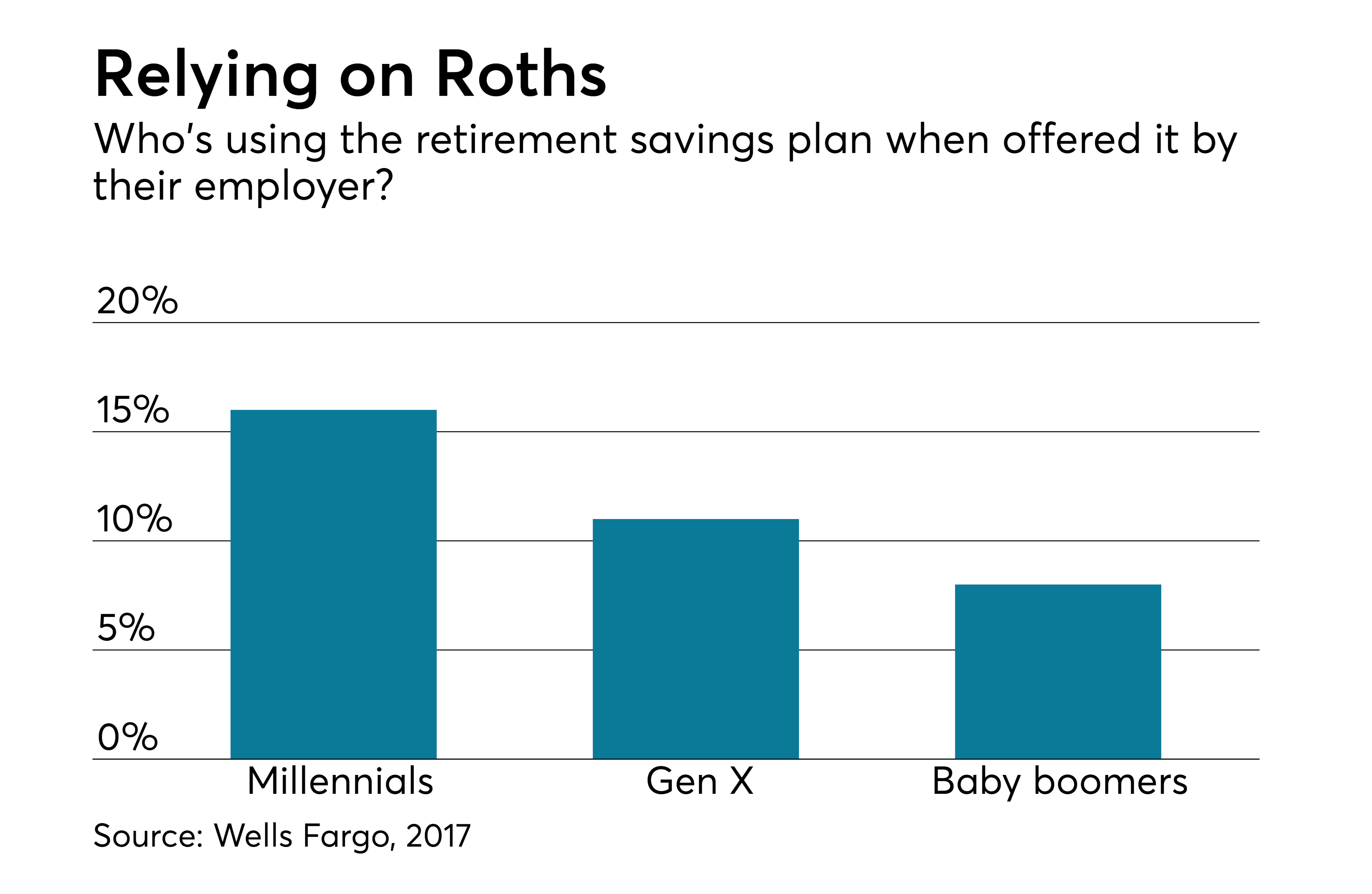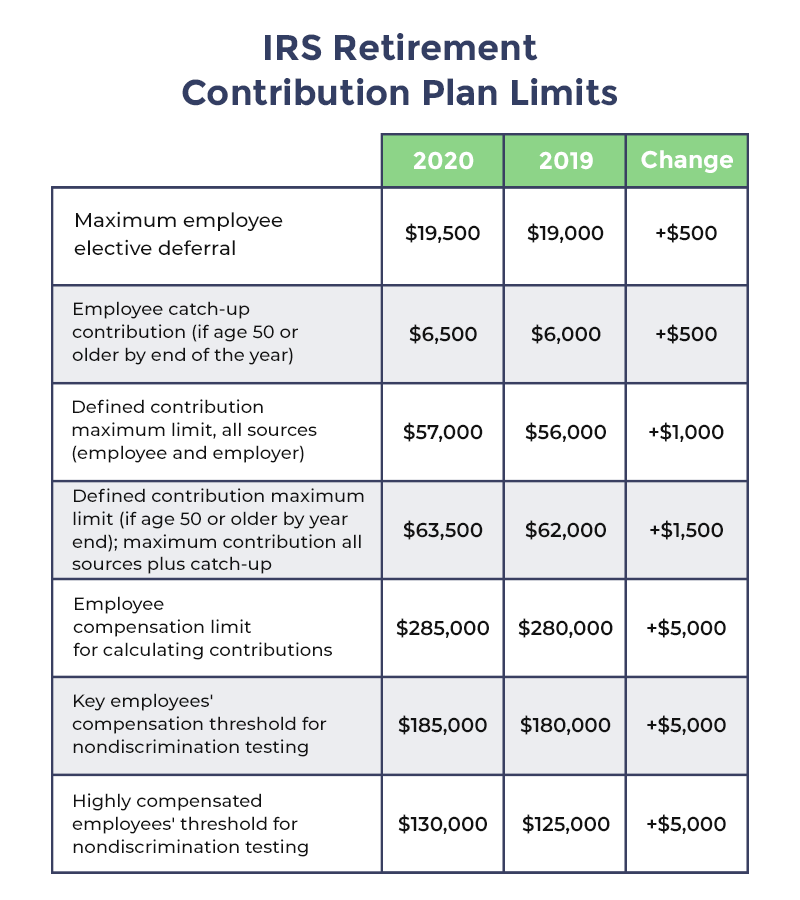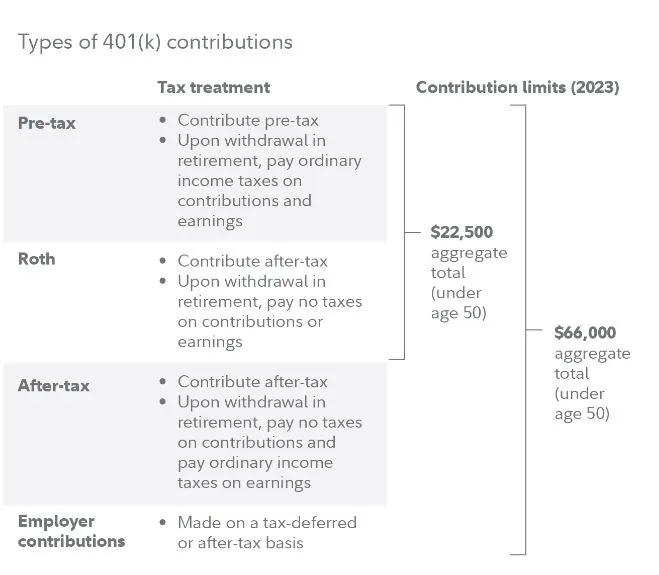Table of Contents
- 401(K) contribution limits are set to rise in 2024 - here's how to plan ...
- Max Total 401k Contribution 2024 - Aurel Caresse
- Roth 401(k) Contribution Limits for 2025 | Kiplinger
- 2021 401(k) Contribution Limits, Rules, and More
- Ira Contribution Limits 2024 With 401k Contribution - Cloe Melony
- IRA And 401(k) Contribution Limits Are Increasing. That’s Great News If ...
- How Much Contribute … - Adelle Crystal
- Roth 401 K
- Becoming A Mega Backdoor Roth Millionaire - Overemployed
- New Roth 401(k) Rule Changes: What You Should Know for 2025 | Kiplinger
/401k-contribution-limits-rules-2388221_FINAL-43f987109dd24e6a9d37c24fe2c0a08f.gif)


Background: The SECURE Act 2.0



Key Details: Mandatory Roth 401(k) Catch-up Contributions




Implications for Employees and Employers
The mandatory Roth 401(k) catch-up contributions will have significant implications for both employees and employers: Employees: High-income employees will need to consider the tax implications of making Roth catch-up contributions. While these contributions will not reduce their taxable income, they will provide tax-free growth and distributions in retirement. Employers: Plan sponsors must ensure compliance with the new regulation, which may involve updating plan documents, communicating changes to participants, and adjusting payroll processes. The mandatory Roth 401(k) catch-up contributions, set to take effect in January 2025, mark an important change in retirement savings regulations. As the IRS confirms the details of this provision, employees and employers must prepare for the implications. By understanding the key aspects of this change, individuals can make informed decisions about their retirement savings, and plan sponsors can ensure compliance with the new rules. As the retirement landscape continues to evolve, staying informed about these changes is crucial for securing a stable financial future.For more information on the mandatory Roth 401(k) catch-up contributions and how they may impact your retirement savings, consult with a financial advisor or plan sponsor. Stay ahead of the curve and make the most of your retirement planning opportunities.